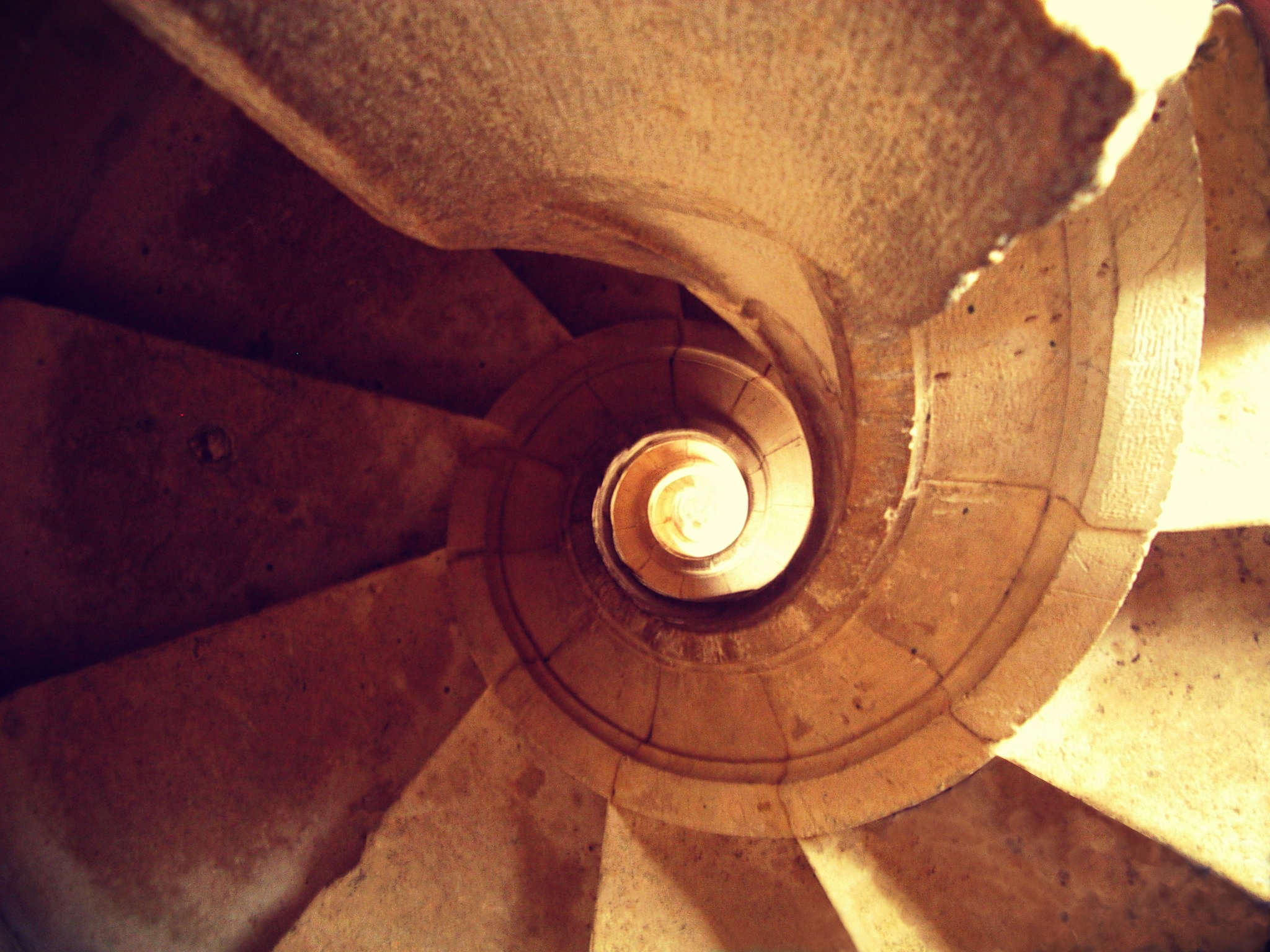Disciplines, Interrupted

You’ve finally got a good thing going with a new habit or discipline in your life. Your energy is high, your enthusiasm steady, and you’re starting to really see the fruit of your faithful dedication. And then you wake up the next morning with the flu. Or your kid breaks her arm. Or a huge, unexpected expense blows up your budget. Or your shift gets moved at work and throws your schedule out the window. Your new habit that was putting you in touch with the good life has moved from sustainable to impossible.
This happens all the time.
In fact, it seems to happen with a certain predictability whenever we’ve got a good thing going with our disciplines. It takes a lot of effort to sustain the new habit and then an interruption falls on us like an anvil, crushing any hope we had of moving forward. Often this is merely because we feel the interruption more keenly because our energy and will are more fully tapped. And sometimes it is the work of our adversary, who looks for opportunities to shut down any effort we might make toward the good life that Jesus offers.
What do we do when this happens?
Do we give up, pushing off our efforts for another time? Do we dig deep and fight all the harder, using every vestige of our strength to sustain the new habit despite all opposition?
For the Christian who is seeking the good life of the kingdom, the answer is neither.
Perfected in Weakness
This is where spiritual formation departs from the more usual wisdom of habit change conducted in the power of human strength. It is in moments like these where we find God.
Let me be clear. These interruptions are not pleasant or fun, and I’m not trying to cheer you into a false attitude of happiness. There is nothing quite as awful as trying to convince ourselves to feel joy when we feel nothing but frustration and hopelessness. God is not fooled and neither are we. The kinds of interruptions to our order of life caused by illness, injury, or misfortune are rarely “blessings in disguise”. Most often they are painful moments that come as part of a fallen world.
But in each such moment of suffering, there exists a seed of powerful possibility that—if watered by faith—can result in an even greater good than the one we desired when we began our discipline in the first place. Because here, at the moment of our weakness when the limits of our own strength are vividly marked out for us, we will see God at work. It’s in moments like these that God often does the unexpected. This is spiritual formation on his terms rather than ours. Here, at the end of our strength, our task is to wait and watch—and believe.
Let’s look at an example. We have a busy week ahead of us, and we’ve spent the time in prayer and in careful preparation, making room in our schedule for a new exercise habit. Last week went great; we already noticed a jump in our energy, and our enthusiasm has been riding high. Then the next morning, we wake up with a pounding headache, a sore throat, and a sour stomach. We’re not quite sick enough to stay home from work, but the idea of any kind of exercise makes our head spin. Our energy is gone. We can already tell that the next several days are going to be a slog and it will take everything we have just to keep our life on the rails. We instinctively know that we’ve lost our enthusiasm and momentum for exercise, and beginning again will be harder than it was to start in the first place.
So what do we do? We set aside our original discipline, knowing that it is beyond our strength. We will return to it when the time is right. It is not what we want or what we had planned for and because of that we feel frustration, despair, or anger. We don’t judge ourselves for feeling these things, but neither do we wallow in or stoke them. We observe them as they occur in our hearts and we let each of them rise to God. He can be trusted with strong emotions (as the Psalms vividly show). This looks and feels a little like giving up, but we’re going to go deeper. We go about the things in our life that are necessary, but with a new and determined attentiveness. We watch and wait for God’s action. In each moment when we feel the strain of effort because we are sick, we look to God. This is our new discipline. To watch and believe that God will meet us in our weakness.
Watch, Wait, and Believe
And here we may find unexpected blessings. We may find that our spouse re-arranges her life and lifts many of the burdens we thought we were going to have to carry on our own. Our co-workers may come to our rescue, or our boss offers some kind words that we’ve needed to hear and didn’t think were ever coming.
Or we may simply have a hard time of it, but come forth learning humility—that the world does not revolve according to our whims, that our strength is finite, and that most times, our health is good enough that we can enjoy life.
Or we may even see an honest-to-goodness miracle: a sudden release from an illness we thought would linger for days, a powerful word from God in prayer, more vivid than we’ve heard in a long time, or a windfall that comes as a blatant and shocking answer to prayer.
To watch, wait, and believe is actually more difficult than buckling down at fighting through the discipline we had started before the interruption. It is more difficult because it requires us to relinquish control and to look for and to trust God. This is more difficult and also more rewarding, because in such moments of weakness, God becomes real to us in a way that is the ultimate goal of all our disciplines:
[su_quote]In this you rejoice, though now for a little while, if necessary, you have been grieved by various trials, so that the tested genuineness of your faith—more precious than gold that perishes though it is tested by fire—may be found to result in praise and glory and honor at the revelation of Jesus Christ. 1 peter 1:6-7[/su_quote]
The good that we were seeking with our exercise was merely a proximate good, a way of ordering our life toward the good that Jesus offers. But here in the midst of our suffering, we have the opportunity to see God move in ways that we could not otherwise.
In these moments, we don’t give up on the core desire that we have for good—we only set aside the means for a while, orienting ourselves toward the moment and what God is doing.
Returning to Our Regular Order
After a suitable time, we may return to our original discipline, just as if we were starting anew. We start small again and build toward the goal to which God is calling us, yielding to the wisdom of habit change. It may feel like starting over from scratch, but we are not; the second time through the same or a similar discipline always takes us deeper, even if we lack the excitement that comes from novelty. We will find that some of our original attempt at the discipline has indeed shaped us, and we proceed from there, deeper into the good life we are seeking.









Leave a Comment